Digital signature and encryption of PDF
Create security for your customers
Security is the name of the game today. You can’t avoid invoice fraud, but you can provide security services to your customers, such as
- Digitally signing documents only requires the customer to check the documents. By using digital signatures on documents, your customers can be confident that what they receive comes from the correct sender.
- Encryption is also one of the most effective tools to protect against invoice fraud. Encryption makes it not impossible, but harder for third parties to get hold of invoices. Encryption of PDF files with passwords can be done in bulk or for selected document types. It’s not possible to receive the files in an Input Management system, as passwords must be entered manually. Therefore, it’s most suitable for e.g., invoices of a certain type/size.
These services run in the background of the Lasernet server. Once set up, they work and require no further technical input from you or Tabellae.
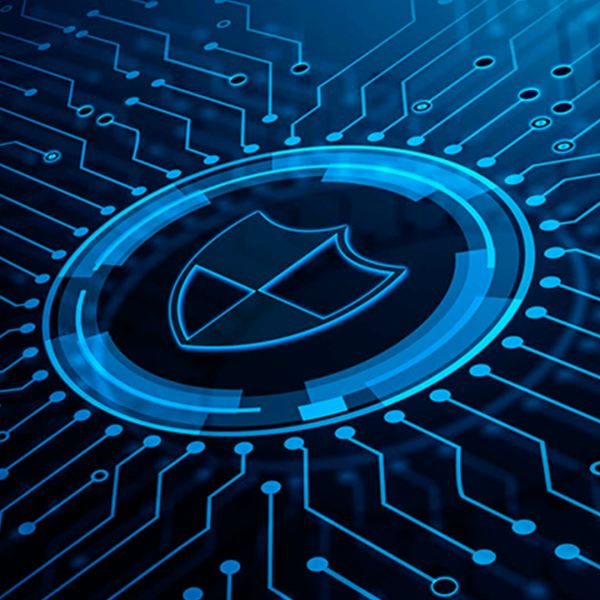
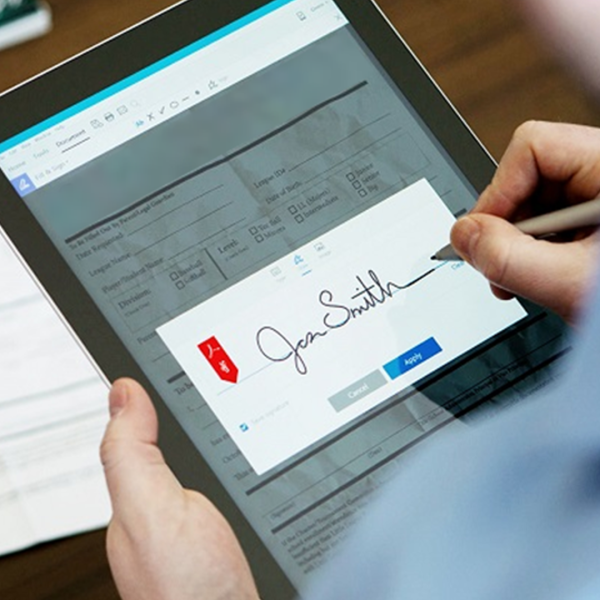
Choose the right digital signature product
In some systems, signing and encryption may prevent certain recipients from opening invoices. Late paid invoices can be avoided with Lasernet, as our method is not set up to be annoying, but to verify.
Lasernet has an add-on module (Lasernet PDF Security Module) that can be
be used to encrypt, decrypt, verify and sign
both incoming and outgoing documents as well as documents for electronic archiving.
Please note that some countries, including Germany, have special requirements that are in practice more restrictive than the general Danish and European requirements.
Digital signature rules for e-invoicing
When selling to Danish companies, you must send a valid invoice in PDF format in a regular email. There is no requirement for the invoice or email to be digitally signed or secured.
If, on the other hand, you use electronic invoicing when selling to customers abroad, the authenticity of the origin of an electronic invoice and the integrity of its content must, as a general rule, be ensured by either
- digital signature
- or electronic data interchange (XML or EDI)
If one of these two methods is used, electronic invoicing can be used anywhere within and outside the EU, including cross-border trade between companies in different EU countries.
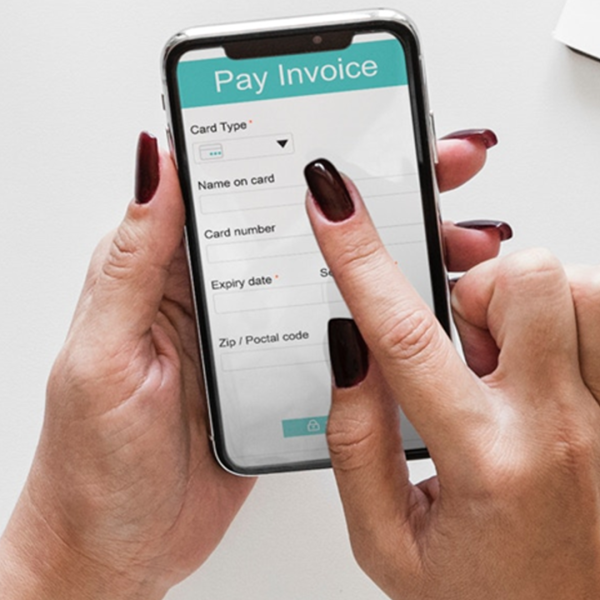
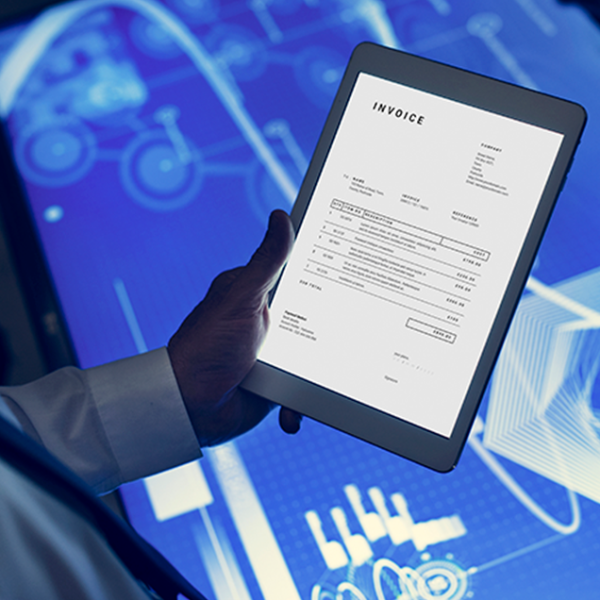
High security with digital signatures
Documents with a digital signature must have a minimum security level equivalent to, for example, an OCES certificate (Public Certificates for Electronic Services). This means that another equivalent digital signature is equally applicable.
The digital signature system provides a level of security that is essential for credibility:
- Authenticity – gives the recipient the assurance that the invoice is from the person who sent it
- Integrity – ensures that no changes have been made to the invoice along the way
If you use other methods, there must be an agreement and business process between the seller and buyer to ensure that authenticity and integrity are maintained. For example, banks offer online banking based on agreements between the parties, password systems and possibly encryption of data.
Avoid invoice fraud with security criteria
You can never be 100% fraud-proof, but you can prevent fraud and minimize the risk of it.
We always recommend that our customers have rules set up in Lasernet to ensure they capture unusual events.
Companies will also be able to set up a number of security criteria for the solution, which are enforced internally. This can be an upper limit for ordering goods to protect against cheating – for example, if a customer orders goods for DKK 100,000, an employee must approve the order.
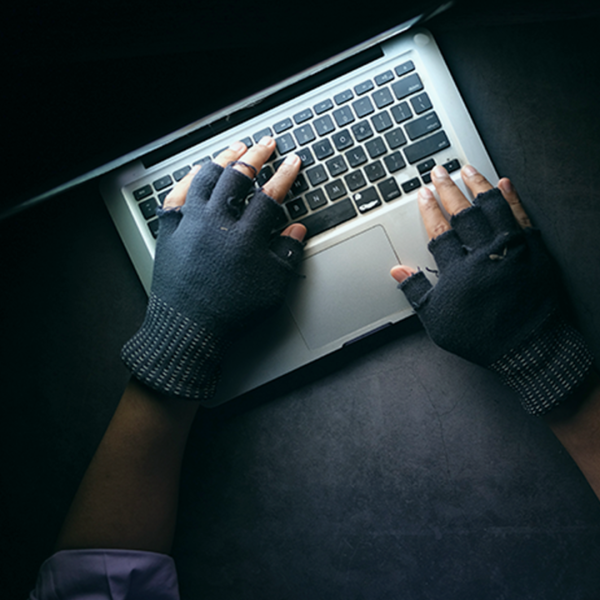
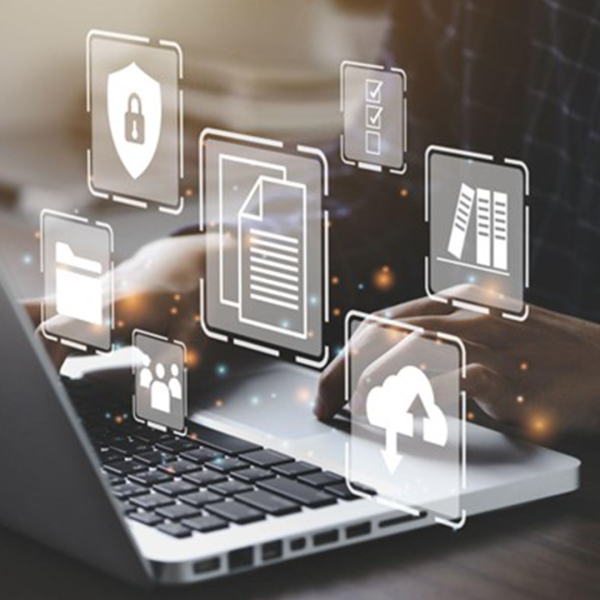
Optimal operation and security with business rules
When you’re looking for a new product, operations and security need to be in order. The same goes for software solutions – and Lasernet makes sure this is top-notch through business rules, among other things.
Lasernet is set up so that when orders are received, they are stored in a library from which the ERP system can retrieve them. In addition, we set up monitoring from the Lasernet side that checks if there are files in this directory. If so, an email is sent to sales support to ensure that the import into the ERP system runs automatically.
This way, the entire flow is fully automated and downtime is avoided.
Want to learn more about the applications of a Document Management solution from Tabellae and how we can help your business
Send me an email and I’ll contact you to set up a time for a counseling session that suits you.
